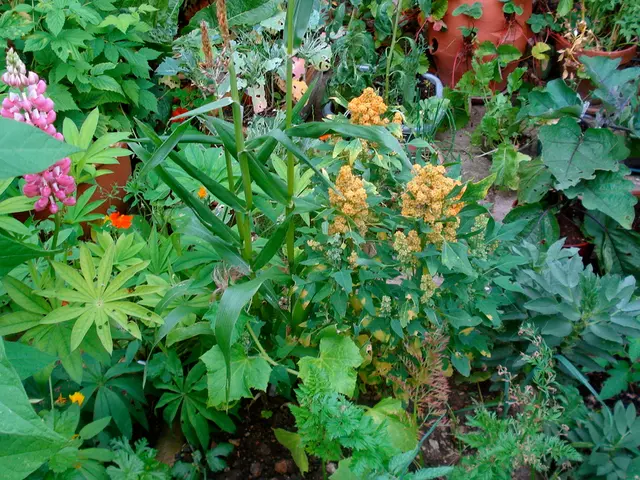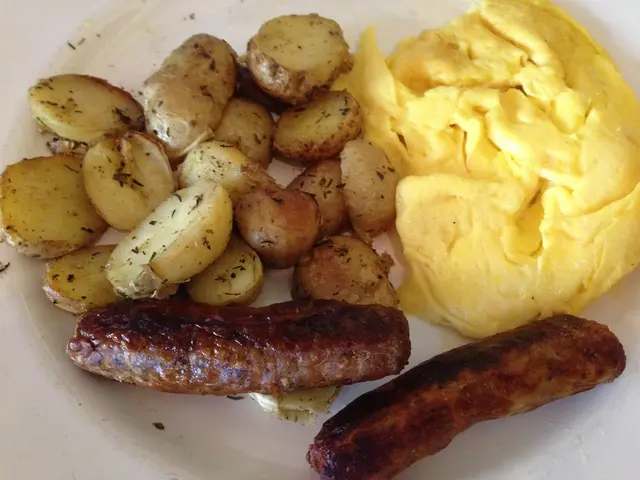Squirrel Burial Habits: Revealing the Reasons Behind Haphazard Nut Caching
Squirrels sure have some baffling mannerisms, one being the erratic dash in front of automobiles. It's a clever dodge for them, to escape predators, even if it's futile against speeding cars. Another quirky habit involves nuts. They'll chow down on some nuts, but bury others. Scientists are still scratching their heads over this behavior, trying to figure out the logic behind it.
Different species of squirrels all share this hoarding instinct, stashing their ill-gotten gains either in one big hideout or scatter-hoarding across various locations. Some researchers speculate that this is because the buried nuts take their sweet time to munch through. In a 90s study appearing in the Journal of Animal Behavior, Dr. Lucia F. Jacobs observed the habits of five grey squirrels raised by hand, watching what they did with hazelnuts and laboratory rodent snacks. It seems these little rodents have a knack for estimating the cost of eating versus stashing and opt for the quicker option. They'd gulp down the hazelnuts but the rodent chow, which takes longer to consume, would typically get cached.
Now, why would they do that, you ask? Well, researchers believe it could be because the cache serves as a piggy bank for future meals. Some believe squirrels may bury nuts due to their longer consumption time. In the wild, yellow-barked oaks, for example, contain nuts with higher tannin content, which can be toxic if consumed in large amounts. Burying these toxic nuts allows the tannins to leak out over time, decreasing their toxicity for later consumption. Plus, nuts with higher perishable or poor quality content might be buried too, to extend their life span before consumption.
In essence, squirrels are no fools when it comes to their nutty stashes. They consider multiple variables like nut type, nutritional needs, and environmental conditions to make their caching decisions. Unfortunately, Dr. Lucia F. Jacobs' 1992 study doesn't provide specific insights, but it's clear that squirrels sport a complex decision-making process to stockpile their food wisely.
Squirrels seem to apply a similar strategic approach in other aspects of their lifestyle. For instance, they might delve into health-and-wellness activities, choosing to exercise and consume balanced food-and-drink options from their diverse recipes to maintain optimal fitness-and-exercise levels and overall health. Likewise, they could engage in science, studying various habits and patterns in the environment around them to enhance their lifestyle. In their cooking routines, squirrels might prioritize certain ingredients over others based on their nutritional value, much like they do with nuts.








